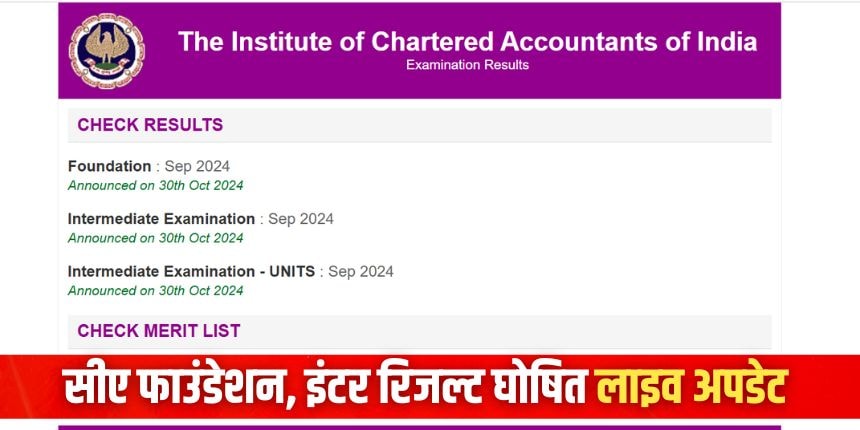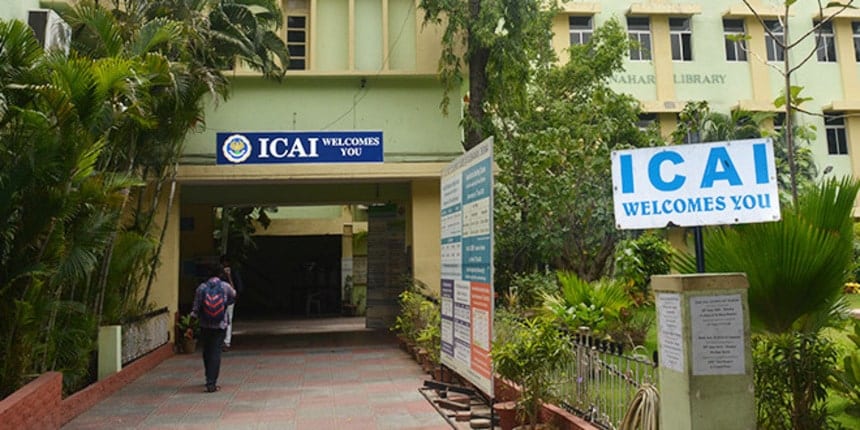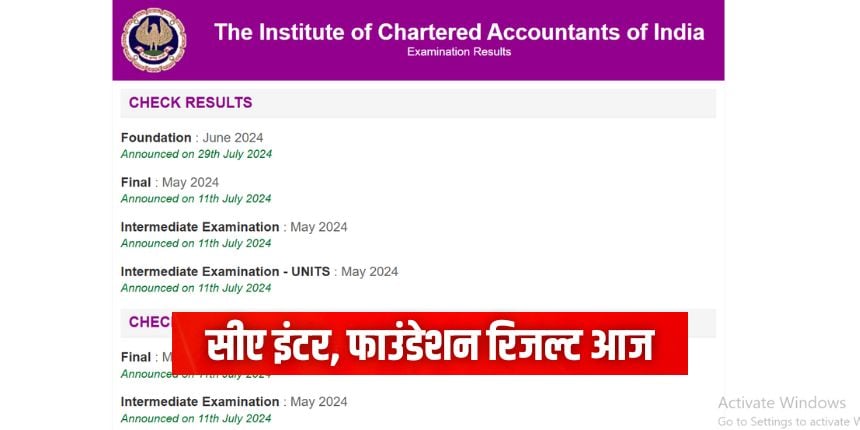Discover stories
for every phase of your academic journey from exploration to admission.


CA Foundation Study Material 2025 (Under New Scheme) - Download PDF All Subjects, Recommended Books
Mirza Farhan Baig . 4 months ago
CA Foundation Study Material 2025 - ICAI published study material for CA Foundation 2025 exam. Candidates can check CA Foundation 2025 study material, syllabus and other relevant resources here.
Key Commerce Exams
Find Important information to understand each exam better
Ready, set, practice!
Dive into a trove of downloadable sample papers! We've curated a massive library covering a wide range of exams, so you can find exactly what you need. Get a head start on exam success!



Up-skill for success in a changing world
Fast-track your career with online degrees & certificates designed for flexibility and industry relevance.



Question & Answers
1 Million+ Questions answered by the student community within 24 hours each
Study Abroad made easy
Unleash your potential on a global scale! Launch Your Global Journey with us and embark on an enriching adventure in international education.



Top Colleges Accepting Admissions
Time is ticking! Explore colleges actively accepting applications and take the first step towards your dream education
UPES Dehradun | B.Com Admissions 2025
#41 in NIRF | 50 LPA Highest CTC, Ranked #1 in Academic Reputation in India by QS World University Rankings
Amity University | M.Com Admissions 2025
Ranked amongst top 3% universities globally (QS Rankings)
Parul University B.Com Admissions 2025
India's youngest NAAC A++ accredited University | NIRF rank band 151-200 | 2200 Recruiters | 45.98 Lakhs Highest Package
Pearson | PTE
Trusted by 3,500+ universities and colleges globally | Accepted for migration visa applications to AUS, CAN, New Zealand , and the UK
Chandigarh University Admissions 2025
Ranked #1 Among all Private Indian Universities in QS Asia Rankings 2025 | Scholarships worth 210 CR
Explore our other offerings
Explore valuable tools & resources to support your academic journey, from high school success to achieving your dream college and beyond




















































